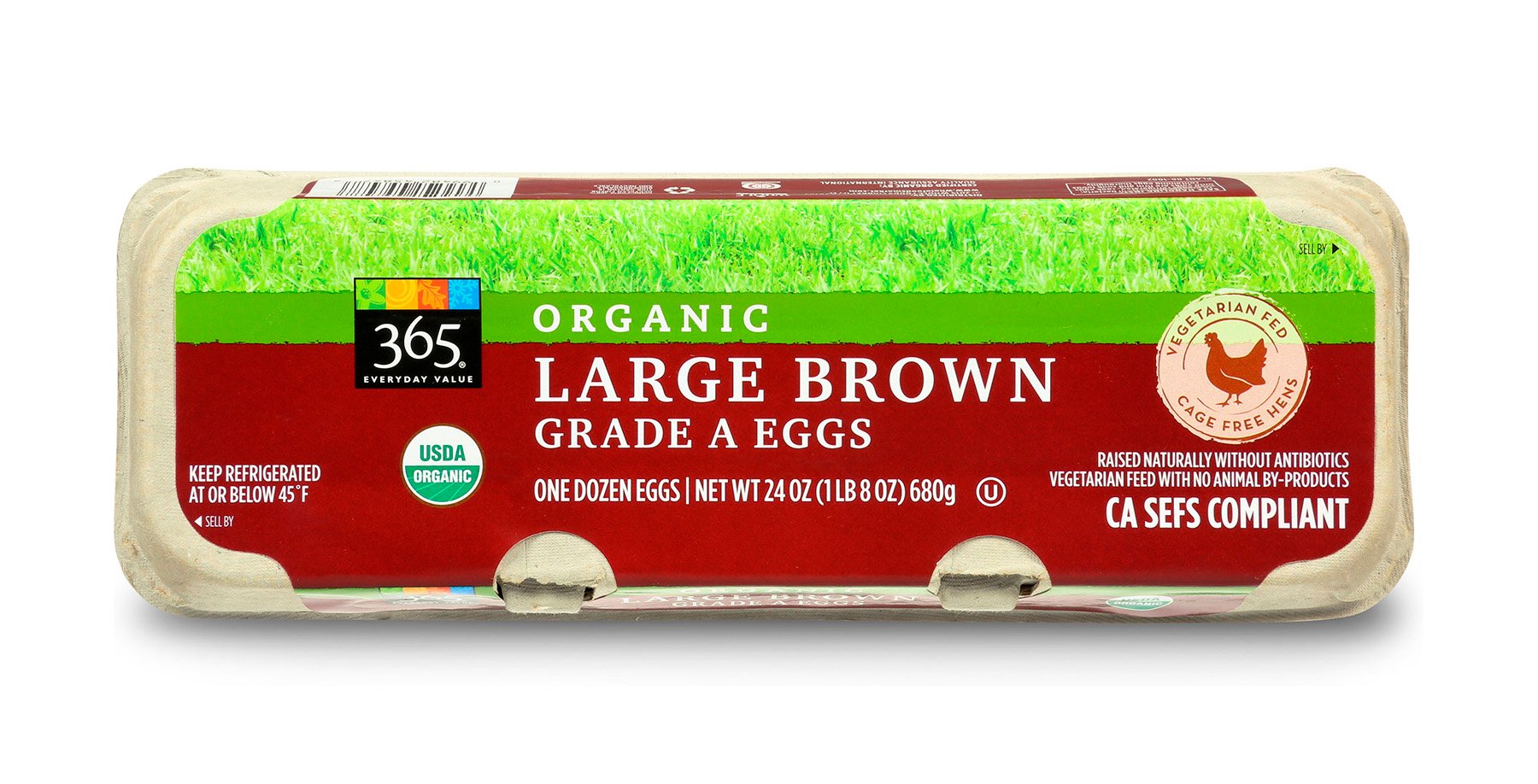Many investors may be missing a huge and growing investing factor. Americans are increasingly changing their views of food. Pricing, quality, animal welfare, environmental effects, and even incredibly awful and unappetizing memes on social media like "pink slime" and atrocious conditions in factory farming may be escaping the notice of more traditional investors.
Some of us believe such factors are becoming bigger issues for consumer spending decisions -- and future investing returns. Some investment analysis may be on the verge of missing a major menu alteration.
Increasing knowledge of cruel practices
My occasional forays into food ethics, business, and investing quite a few years ago feel too early now. Such topics received little attention back then. There was also the distinct impression that most investors believed such concerns were balderdash.
However, the increasing emphasis companies are putting on considering such factors in their business models -- as well as the success of some companies' stocks that have embraced these concepts, some completely -- already illustrates major changes in years' time.
Several of my Foolish colleagues recently published pieces on the growing importance of these issues, and their potential to stunt companies' images, revenues, and therefore healthy growth for investors.
My colleague Sara Murphy recently wrote a piece on Tyson's (TSN +0.81%) use of gestation crates -- and a shareholder proposal from the Humane Society of the U.S. and Green Century asking to eradicate the practice. This article received an outpouring from readers, with commenters beseeching the company to stop the practice. Many said they will boycott or have boycotted purchasing Tyson products because of its lagging animal welfare policies.
Another Foolish contributor, Brian Stoffel, lined up the big-picture trends. They're indicating a paradigm shift in how consumers view the food on their plates, where it comes from, how it's grown or raised, and how pricing relates to quality and consciousness. He also clearly graphs the numbers; investors should surely take note of the picture of organic food sales' increasing growth. Even more significant, there is room for incredible amounts of growth as the facts increasingly reach consumers' radars.
No longer a secret recipe
In the last several weeks, retail weak
ess in many areas has put a downbeat spin on many consumer goods companies, many of which have forecast retail weakness for the rest of this year. Even as I write this piece, organic and natural food supplier Hain Celestial's (HAIN +0.88%) shares have surged on its own results, positively setting it apart.
This organic food pure play reported ample fourth-quarter profit growth and an impressive 32% surge in total sales. Even better, its new earnings view for the rest of the year trounced analysts' expectations. One interesting element to watch, however, is the hiring of a new chief financial officer, so there's a change at the top.
Annie's (NYSE: BNNY) originally looked overvalued to me, but has been one of the most popular stocks in the space since it debuted in 2012. Although its recently quarterly results disappointed, investors may want to put it on the watchlist for weakness; it's still a profitable company that reported 13.8% sales growth in the quarter.
Whole Foods Market (WFM +0.00%) has made headlines about interesting moves lately. Take its coming requirement for suppliers to label products that contain genetically modified organisms (or GMOs). One fresh, budding venture gives another indicator of how this grocer results in consistent differentiation. This lends to continued competitive advantage that likely stymies many in the traditional grocery world.
Through a budding service called Whole Journeys, it's setting up travel packages specifically geared for people who not only want to see sights in foreign cultures, but also obtain an "experiential" aspect of food. These trips, in conjunction with Whole Planet Foundation, offer prospective travelers a way to visit interesting locales and see the way suppliers create products. It will sometimes also show firsthand how microcredit can help boost entrepreneurship -- and real people's well-being -- in other cultures. Boosting business in some of these fascinating travel destinations can create suppliers, or future suppliers.
On an even bigger level, some of these bigger-picture views of food will boost jobs and economies.
Chew on this
The biggest companies seem to see the growth potential here, too, or feel the heat in terms of changing their ways. Given the massive scale of such companies, real change can happen. That's how capitalism works in its most positive moments, as opposed to many modern companies' myopic view of profit at all costs. There's a point when they must change.
Awareness of consumers' habits, preferences, and increasing realization that in many ways, we do vote with our dollars are all important facets to investment growth.
At some point, what's on the plate and how it got there may be far more important to a far larger number of consumers than simple merchandise prices. When that happens, the laggards and late-comers are going to be eaten for breakfast, lunch, and dinner by their more innovative rivals.
Check back at Fool.com for more of Alyce Lomax's columns on environmental, social, and governance issues.








